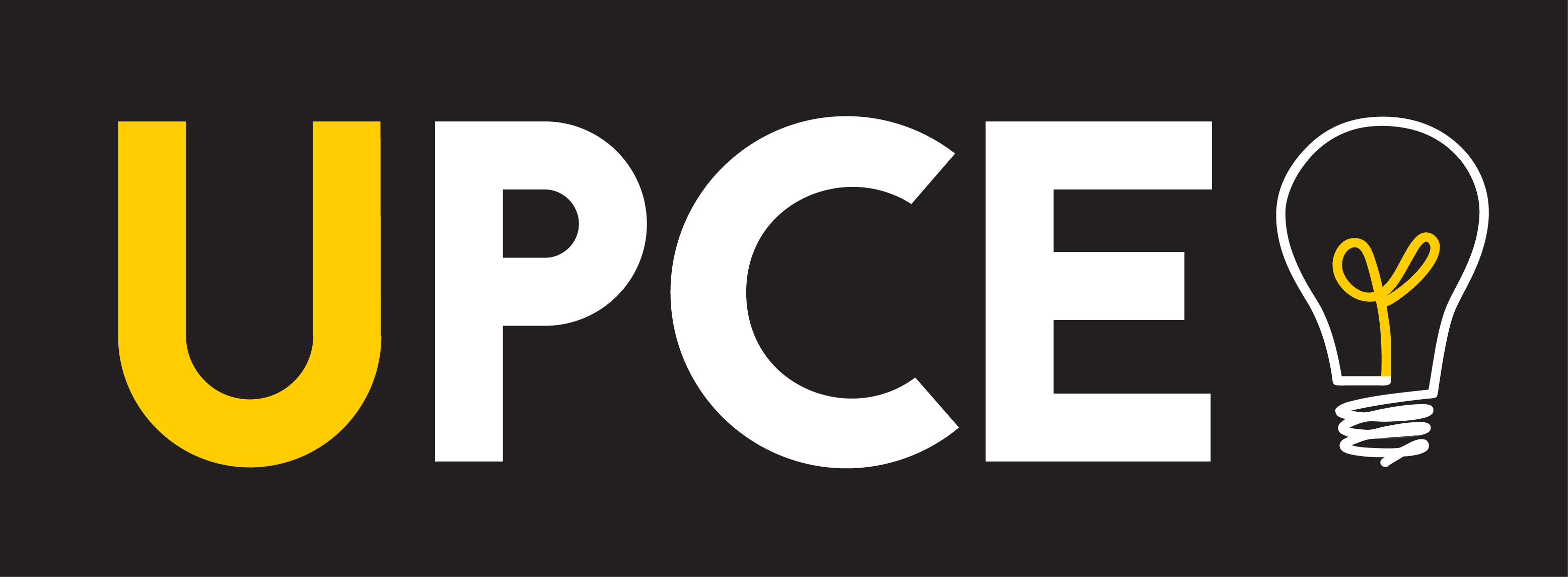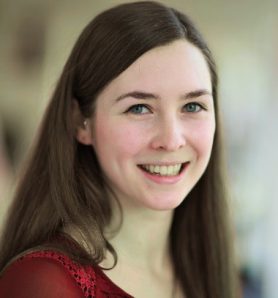Creativity projects Utrecht
Project: Measuring creative problem solving in primary education (2015-2020)
Mare van Hooijdonk, MSc
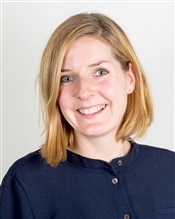 Supervised by Dr. Evelyn H. Kroesbergen & Prof. Dr. Jan van Tartwijk
Supervised by Dr. Evelyn H. Kroesbergen & Prof. Dr. Jan van Tartwijk
Description: This project focuses on the measurement of creative problem solving (CPS) in primary education. CPS requires both knowledge and creative thinking in cycles of divergent and convergent thinking. As such, it is exactly CPS contemporary society demands us to address from an early age on; to find out what students can – creatively – do with their knowledge. Because no ideal assessment tool for creative problem solving has been developed yet, we aim to develop one within this project. After the validation of this tool, we will focus on teachers’ assessment of CPS in relation to teachers’ creativity, perceptions of creativity, and interpersonal behavior. In the final part, we will focus on self-assessment by students and on individual differences between students, such as differences in intelligence and distractibility.
Project: Increasing creative problem solving in an integrated geometry and visual art program (defended in November, 2019)
dr. Eveline Schoevers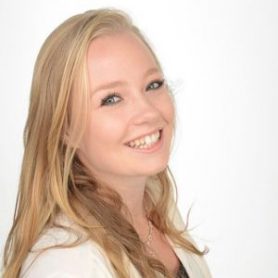 Supervised by Dr. Evelyn H. Kroesbergen & Prof. Dr. Paul Leseman
Supervised by Dr. Evelyn H. Kroesbergen & Prof. Dr. Paul Leseman
Description: This research studies the effect on an integrated geometry and visual art program for primary school students (grade 4-6). In this project we developed a teaching sequence, consisting of 9 lessons, in which geometry and visual art are integrated with the aim to develop students’ creative problem solving in visual art and geometry and students’ geometrical knowledge. In addition we developed a professional development program for teachers with the aim to change teachers’ attitude towards teaching for creativity and to teach teachers how to enhance students’ creative thinking within the teaching sequence. From September to December 2016 the program is piloted. From February – June 2017 the effect of the program will be studied by using an experimental and a control group.
Project: Improving divergent thinking in preschoolers through strategic knowledge enhancement: A microgenetic study (2015-2019)
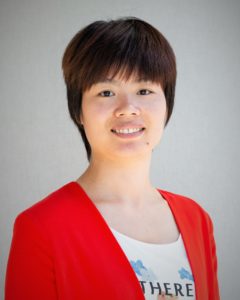
Supervised by Dr. Hanna Mulder, Dr. Evelyn H. Kroesbergen & Prof. Dr. Paul Leseman
Description: This research will focus on the divergent thinking in early childhood (i.e. 4 to 7 years old). The first study will explore how divergent thinking develops from a macro-perspective. The quality of divergent thinking and the divergent thinking strategies will become two indicators of the development. The second study will turn to the micro-perspective, using microgenetic design to explore the discovery and generalization processes of divergent thinking strategies. At the same time, a strategic knowledge training program will be integrated to accelerate the development of divergent thinking. Within this integration, teacher’s role in supporting children to reach their potential level of divergent thinking will also be discussed.
Project: Creative problem solving in mathematics: A theoretical model of creativity, mathematical problem solving and executive functions (2016-2020)
Supervised by Dr. Evelyn H. Kroesbergen & Prof. Dr. Hans van Luit
Description: Since mathematical problems often require a creative solution, the goal of the current project is to create a theoretical model on how creativity, executive functions (domain-general cognitive skills), and mathematical problem solving (domain-specific performance) are related. The project will focus on children from grades 3-5. Creative problem solving in mathematics will be studied in typically developing, gifted/highly creative children, children with mathematical difficulties, and children with ADHD. During this project it will be investigated if inhibition and leaky attention underlie successful problem solving and if this process is mediated by creativity. The project will consist of one large-scale study and smaller experiments, using eye-tracking and EEG.
Project: The role of bilingualism in creative thinking (2015-2020)
Marloes van Dijk, MSc
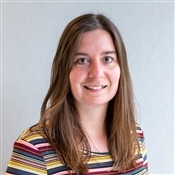
Supervised by Dr. Elma Blom, Dr. Evelyn H Kroesbergen, & Prof. Dr. Paul Leseman
Description: This project is focused on creative thinking among bilingual children. Previous research examined this relationship from a cognitive perspective, and predominantly found a positive effect of bilingualism on creativity. However, this perspective does not reflect the important role of environment in the development of children. Since we believe that cognitive processes should be seen as being situated, we argue that creativity emerges in the interaction between children and their environment. Therefore, our project is aimed at providing an overview of the current state of knowledge, and examining the relationship between bilingualism and creativity in view of theory of situated cognition.
Project: Promoting creative problem solving in 5th grade mathematics education (2019-2023)
Isabelle de Vink, MSc
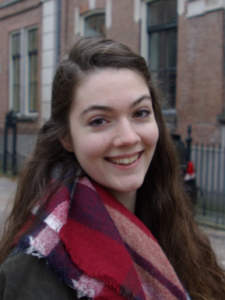 Supervised by Prof. Dr. Evelyn Kroesbergen & Prof. dr. Ard Lazonder
Supervised by Prof. Dr. Evelyn Kroesbergen & Prof. dr. Ard Lazonder
Description: The aim of this project is to unravel the creative problem solving process in 5th grade mathematics education. Previous research has identified number sense and working memory as predictors of mathematics performance. However, creative problem solving is proposed to be an important, but less investigated, predictor of mathematics achievement. Within this project, it is investigated how creative problem solving, conceptualized in the form of divergent and convergent thinking, is related to mathematics achievement. Furthermore, it will be studied how domain-general and domain-specific child characteristics like number sense and working memory influence this relationship. Based on these findings, lessons will be developed to promote creative thinking within mathematics education. This project is part of a bigger study called ‘Strengthening creativity in math and science education’. As such, in the last phase of this project it will be investigated how transfer of creative thinking skills between mathematics and science can be promoted.
Project: strengthening creativity in elementary science education (2019 – 2023)
Robin Willemsen, MSc
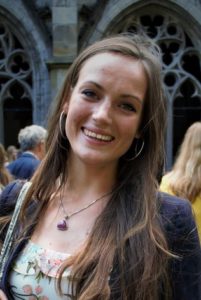
Supervised by Prof. Dr. Ard W. Lazonder & Prof. Dr. Evelyn H. Kroesbergen
Description: The aim of this project is to establish how science lessons can strengthen children’s creative thinking skills in upper-level elementary classrooms. Since little research as-to-yet has focused on creativity in science education, our first study quantitatively examines how creative and scientific thinking skills are related. Furthermore, we’ll qualitatively examine how children with different creative and scientific abilities use divergent and convergent thinking during an inquiry-based science task. These findings will inform the design of science lessons aimed at strengthening children’s creative and scientific thinking skills. The following studies will examine the effectiveness of different forms of instructional support and the best way to support transfer of creative thinking skills across the domains of science and mathematics.
